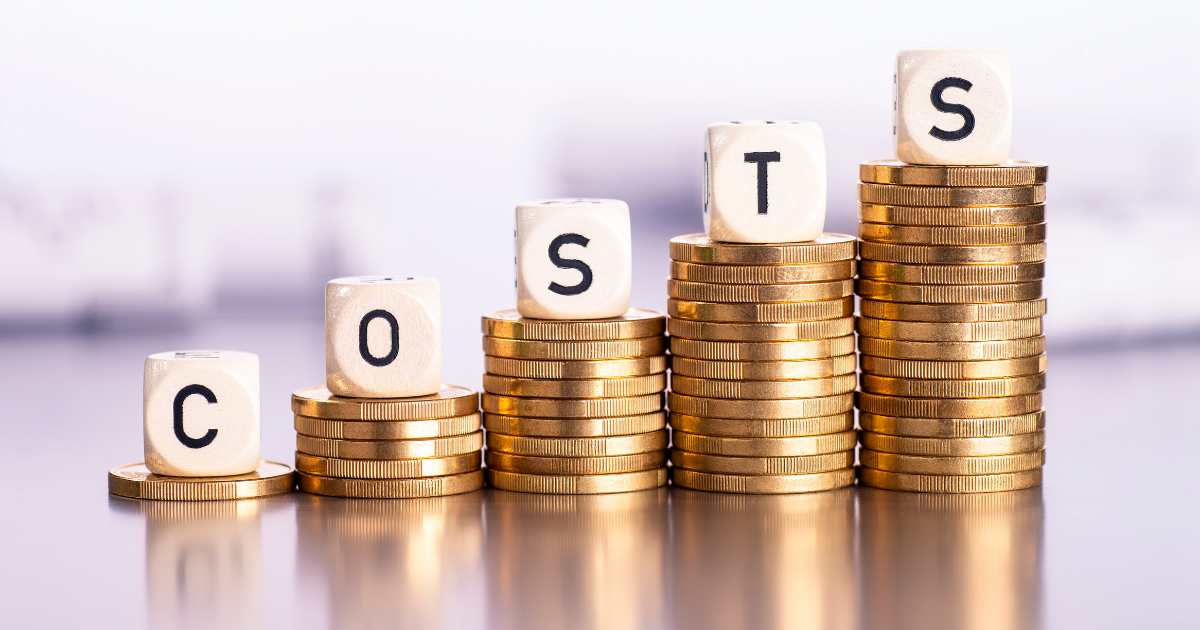
Starting a business is an exciting time for any entrepreneur. From idea to inception, it is exciting, but it can be costly. If you are considering starting a business, it is important to calculate the start-up cost. This will also help you decide if it’s worth starting a business.
In South Africa, you can start a business with as little as R 200, but the costs will increase as your business grows. When starting a business, you need to have a clear plan about what you will need. Things to factor in include office space, equipment, stock, and petty cash, amongst many others.
Today, we will explore the costs of starting a micro, small and medium business. Let’s pretend you are starting a homemade food business!
How Much Will Start-up Cost Be?
The first thing you will need to do is register your business with the Companies Intellectual Property Commission (CIPC). The CIPC charges a fee of R 125 for company registration.
You will also need to pay R 50 to reserve a company name online, or R 75 to do it manually. The total cost will be R 200. So, it’s not too expensive to register your business, but this is just the first step.
In South Africa, we also have informal businesses. These are usually spaza shops, street vendors etc. These are not usually registered businesses. You can start one of these by just having enough money to buy stock.
Extra Costs
Besides registering your business, you’ll also need equipment, ingredients, and packaging for your products. The startup costs for this business are low, as you will be making the food at home. Equipment like an oven, pots, cutlery etc. will be things you already have.
These are just some of the things you need to start. Once your business grows, you will need more. Items such as cooking equipment, storage space, employees, chairs and tables (if you want) etc. will cost you more money.
Packing
Having good food is great, but investing in great packaging and labelling is also necessary. You can get takeaway boxes from retailers like Takealot for R 348 for 50. It depends on the aesthetic you want for your business, but these packages are relatively cheap.
The next step is getting labels printed for your packages. You can get labels made from printing companies for R 125 and above. You can also buy a label maker from Takealot for around R 1 499 and above.
Advertising and Promotion
As a new business, you need to promote yourself. You need to market every service and product you have. You will need to print posters and use social media and word-of-mouth. Banners outside your food spot are useful so people can see where you are.
Besides social media, you will need to pay for posters and banners. Printing shops can do both for you. You can also pay for company merchandise such as t-shirts, caps etc.
If you want to deliver to customers, you can utilise platforms like Uber Eats and Mr D. These platforms have built-in advertising tools that make it easier to promote your business.
Technological Costs
Technology is a must-have when starting a new business. To start, you will need to invest in basic accounting software, and point of sale (POS) equipment. Old Mutual SMEgo has easy-to-use accounting software developed for SMEs.
Local companies Yoco and iKhokha have POS systems for SMEs. On Yoco you can pay-per-use for its card machines. The machines start at R 749. iKhokha’s Tap-on-Phone service is free, but other POS systems start at R 499 and above.
Besides the basic costs, you need to remember that you need to comply with regulations. Complying with them will mean spending money on applying for certification and buying the right things to keep your customers safe.
Compliance
In South Africa, there are various laws and regulations you need to adhere to. Once you have decided what you will be selling, you need to learn which regulations you need to follow. You should consider the costs involved with business licences or fees for consultants to assist you with being compliant. This includes:
Health and Safety – The Foodstuffs, Cosmetics and Disinfectant Act 54, 1972 (FCD Act). This Act dictates that foodstuffs must be safe for human consumption. This includes factors such as the manufacturing process, labelling, sale and importing of ingredients.
Labelling – Food needs to be labelled for customer safety. The labels inform customers of the expiry date, ingredients and any allergen foods.
Food Hygiene – Regulation R638 of 2009 states that all food products must be safe for human consumption. It applies to all food establishments including, restaurants and hotels.
The South African National Standards have guidelines regarding safety requirements, including information about food labels, additives, and how to categorise food.
Storage
Storing food is important. Proper storage of food means it will be kept fresh for human consumption. Whether the food is processed or not, you need to follow the storage instructions. If you have frozen chips, keep them frozen. For things like meat, ensure you keep it refrigerated so that it doesn’t expire.
You need to also be aware of the shelf life of things such as tinned foods. Tinned foods last long but they can go off if you do not keep watch over the expiration date.
Food Preparation
Preparing delicious food for your customers is exciting. However, you must ensure that you follow strict hygiene guidelines. You can do things like wear a hair net to keep hair out of food, gloves can ensure your hands do not touch the food reducing contamination risks.
Dishes and food products must be prepared and cooked correctly. Meats like chicken need to be fully cooked to avoid salmonella risks.
Food Safety Management Practices
Implementing a food safety management system is so important. Practices such as the Hazard Analysis and Critical Control Points (HACCP) are there to ensure food products are produced safely and hygienically.
If you work with food, make sure to clean and disinfect your surfaces and equipment often using approved chemicals.
If you believe that your business is compliant, apply to obtain your Certificate of Acceptability (COA). The COA is issued by local municipalities to food businesses.
So starting a business isn’t cheap. There are many little costs that come into play like getting permits and certificates, POS systems, accounting software, ingredients, equipment etc.
All these costs do not mean you should not start your business. You can draw up a business plan and apply for funding from government or private investors.
If you want to know how to create a cash flow forecast, take a look at our template.





